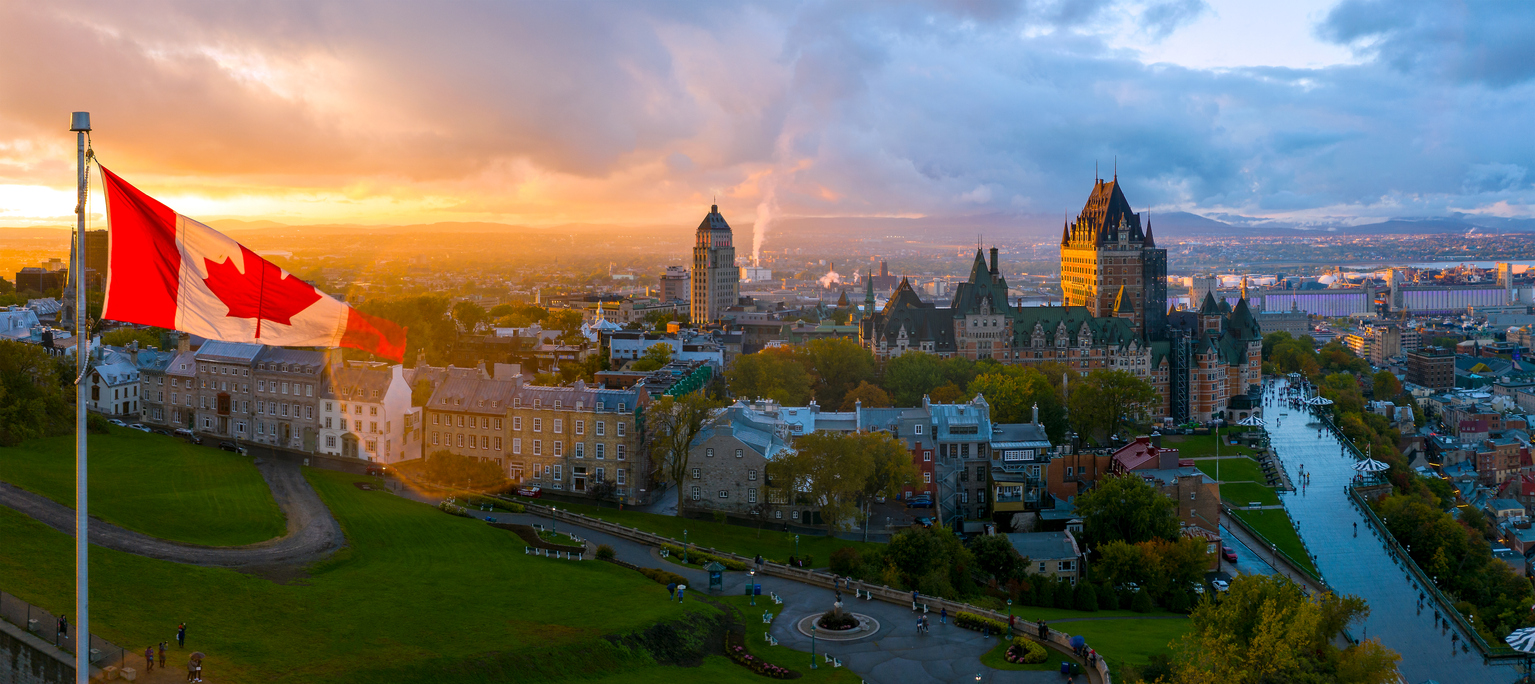The province of Quebec has slipped even more behind the remainder of Canada in the area of immigrant recruitment. The provincial government planned this lack of immigration, as the provincial administration has fulfilled its pledge to decrease the province’s immigration during 2019.
Quebec’s Government Reduces Immigration
The Quebec government has indicated that this decrease is necessary. The reason why the Quebec government wants to reduce its immigration levels is that it intends to enable newcomers to successfully blend into Quebec’s Francophone majority and the labor pool for the province. On the other hand, Quebec goes against the nationwide pattern when it comes to immigration in this respect.

Quebec’s initiative to reduce its immigration starkly distinguishes itself from the remainder of the Canadian provinces. On the nationwide domestic front, the number of immigrants the Canadian nation is receiving jumped up by hundreds of thousands of individuals in 2019. In Quebec, there is a minimal number of residence permits.
Workers who wish to move to Quebec need a residence permit to be able to work freely in the area. The steps to follow to obtain a work permit in Quebec are also more restrictive when compared to those in the other parts of Canada.
French Language Learning
Concerning the French language learning component: this is one of the primary reasons why Quebec refuses to accept more immigrants. Hence, for nationals of a foreign country not coming from Canada, the task of moving to Quebec becomes more complicated. It changes according to the land of origin and the planned duration of their stay.
Above all, these restrictions prevent immigrants from getting free access to the Quebec labor market. Since the beginning of Premier François Legault’s term, the province had caused a stir among Canadian academics and employers in the face of the increase in refusals of the applications by immigrants. Thus, the steps to come and work in Quebec are more complicated when compared to those required for other Canadian provinces.






